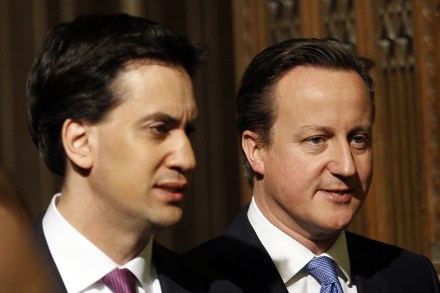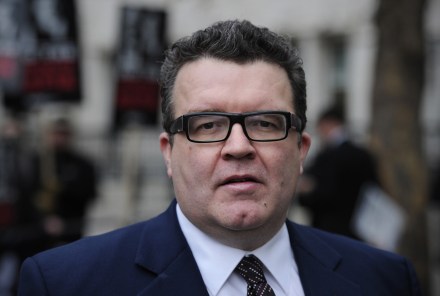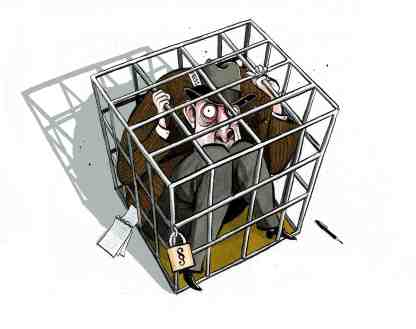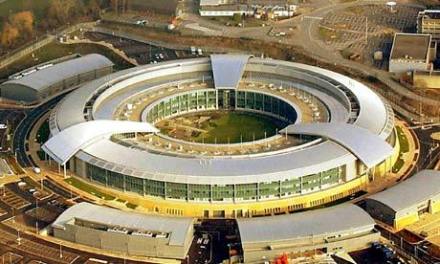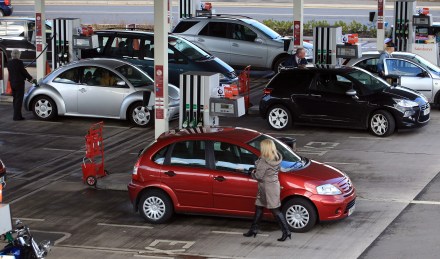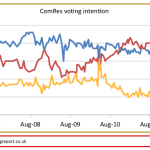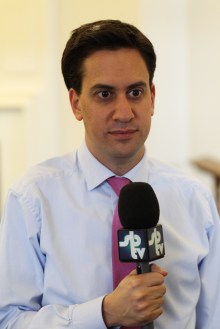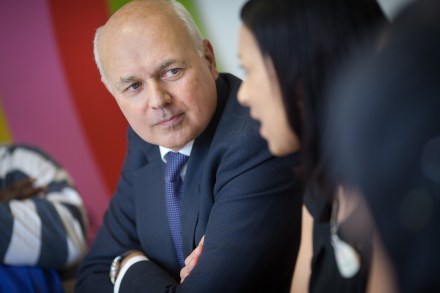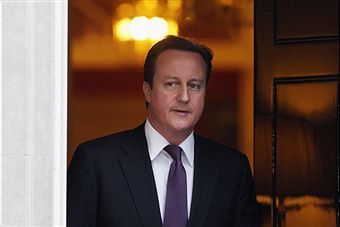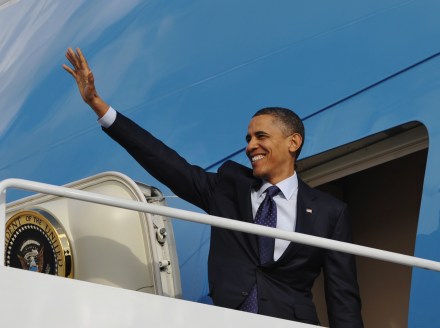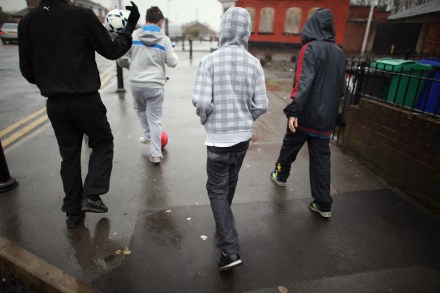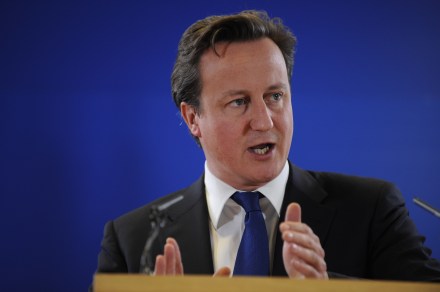Vintage Brown
Gordon Brown’s appearance at Leveson is yet another reminder of his stubborn refusal to ever admit error. The contrast between his and Tony Blair’s testimony is striking. One is left wondering how Brown ever became Prime Minister. Brown is maintaining that he didn’t get too close to the Murdochs, and that he never knew or encouraged his special advisers to brief against Tony Blair or other colleagues. Taking Brown at his word, the latter suggests that his operation was even more dysfunctional than we thought. One thing worth noting is that Brown has denied wholesale Rupert Murdoch’s claim, made on oath, that Brown called him after The Sun withdrew its



